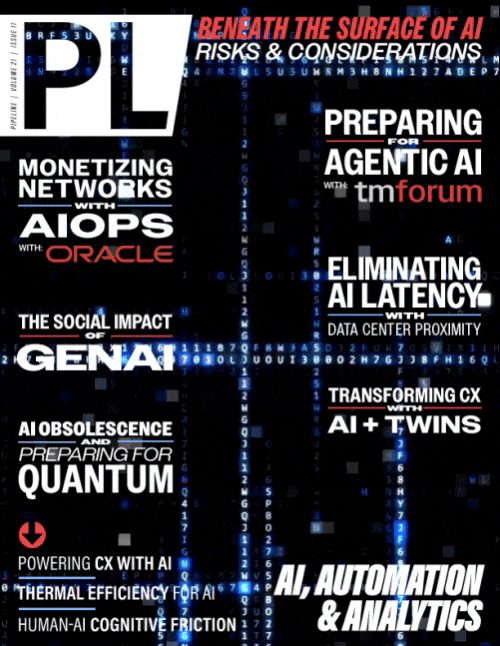When Six-month Plans Meet Six-second Solutions
Here's where things get genuinely wild: this quantum-AI marriage might be the catalyst that finally brings us Artificial General Intelligence. Quantum computers can calculate every possible permutation of a scenario simultaneously, while AI provides the reasoning...
was, probably never will be—but watching that happen was genuinely unsettling. In a good way, I think.
English is becoming the new programming language. When breakthrough capabilities arrive almost weekly, organizations that can articulate their needs clearly and iterate quickly will leave
everyone else behind. Google's
Gemini Ultra cost $192 million just to train—and that model is already being superseded. But here's the twist that keeps me up at night: 92 percent of companies plan to increase AI
investments, yet only 1 percent consider themselves mature in deployment. Everyone knows they need to move, but almost nobody knows how to do it at the pace the technology demands.
The Next Decade
(Where This Really Gets Interesting)
That relentless innovation pace is just the warm-up act. The real disruption comes when these individual models start working together—though I'll admit, predicting exactly how this plays out
gets murky fast. Two years out, every business application will have AI embedded natively. Deloitte predicts that in 2025, over 30 percent of smartphones will
ship with generative AI capabilities, though Apple's well-documented challenges with their iPhone AI deployment might bring that number down. When Cupertino struggles to keep
pace, you know the transformation is moving faster than even the tech giants anticipated.
Five years out, we're looking at autonomous business agents—specialized systems that plan and execute complex workflows independently. Microsoft predicts that by next year, "you'll have a team of
agents working for you." Think of capacity planning agents that monitor infrastructure, detect bottlenecks, run optimization models, coordinate budget approvals, and generate procurement
documents automatically.
Let me step back here. I realize I'm making this sound inevitable, but there are real challenges nobody talks about. Data integration is still a nightmare for most companies. I've seen AI
implementations fail spectacularly because nobody could get clean data feeds. Technology is advancing faster than most IT departments can adapt.
Ten years out is where I get genuinely excited, though I'm probably wrong about half the details. IBM committed to
fault-tolerant quantum computers by 2029. NTT DOCOMO just
demonstrated quantum optimization, cutting network analysis from 27 hours to 40 seconds while improving performance 15 percent.
Here's where things get genuinely wild: this quantum-AI marriage might be the catalyst that finally brings us Artificial General Intelligence. Quantum computers can calculate every possible permutation of a scenario simultaneously, while AI provides the reasoning framework to interpret, prioritize, and act on those calculations. We're talking about systems that don't just optimize within known parameters but can explore every conceivable solution space and reason through implications in real-time.
That's not just automation—that's approaching superintelligence. A system that can consider every possible outcome, understand consequences, and make optimal decisions faster than human cognition
can process the problem. When that happens, we're talking about a fundamental shift in what's possible.
You'll be able to say, "Optimize our entire supply chain for Black Friday demand while hedging against geopolitical risk and commodity volatility," and get a complete strategic plan—with supplier
negotiations, logistics coordination, and financial hedging—before your coffee gets cold. Or maybe I'm completely wrong and we hit some unforeseen wall (kidding).
The Real Competitive Edge
When breakthrough capabilities arrive weekly, competitive advantage shifts from having the best technology to having the fastest learning speed. This is where most companies are screwing up.
Your operations analyst can become an automation specialist tomorrow if she can articulate business logic clearly. Your customer success manager can build predictive



















